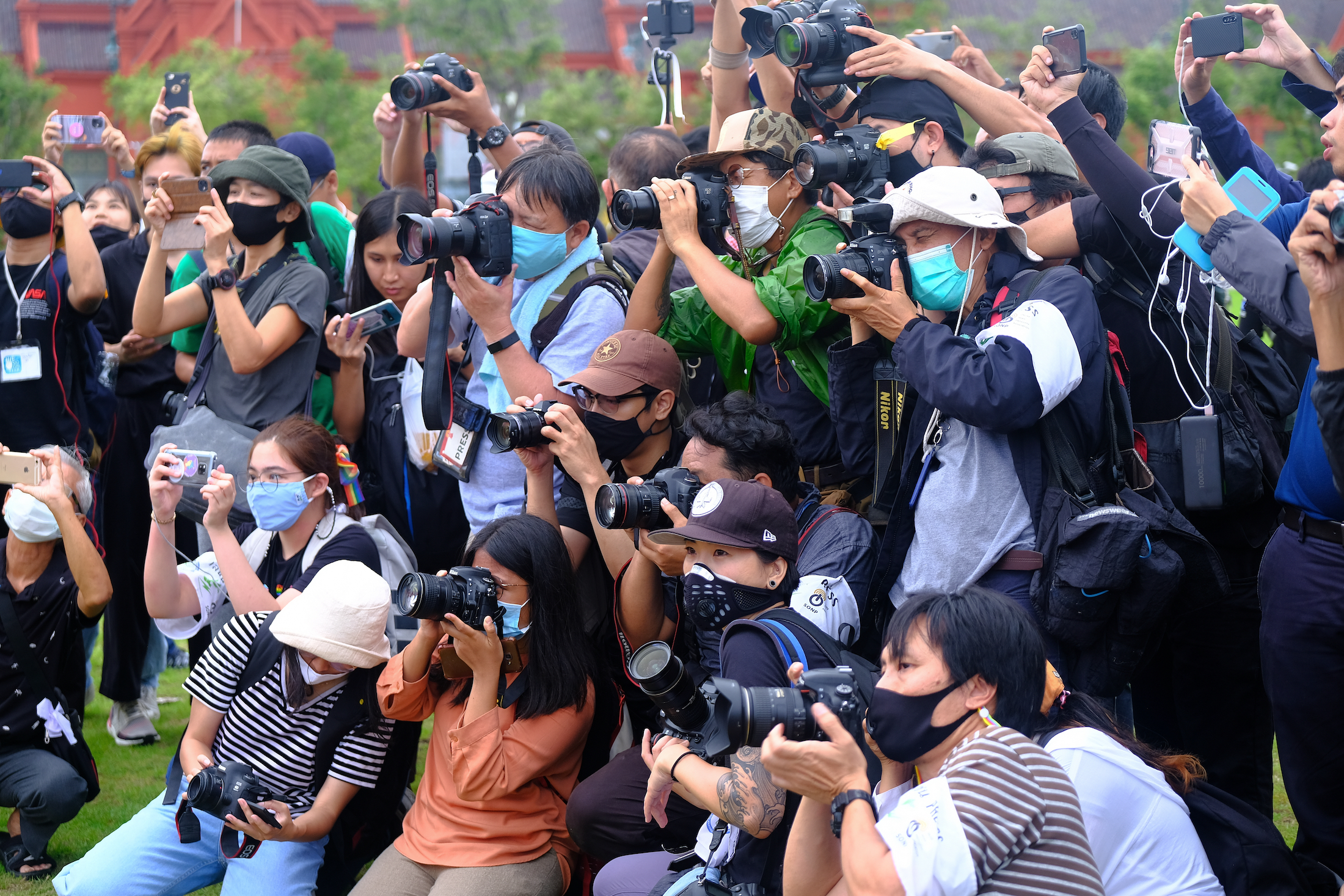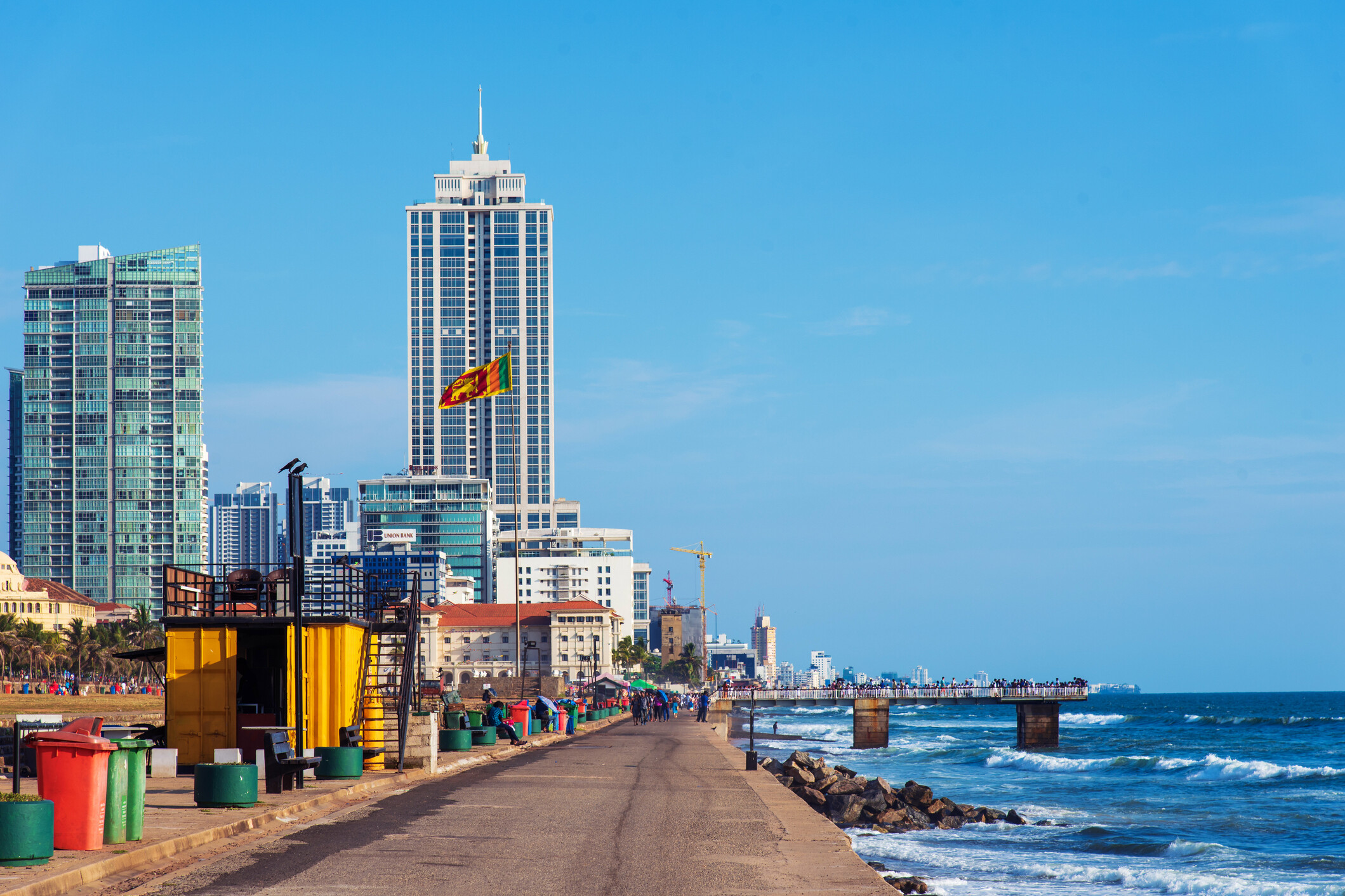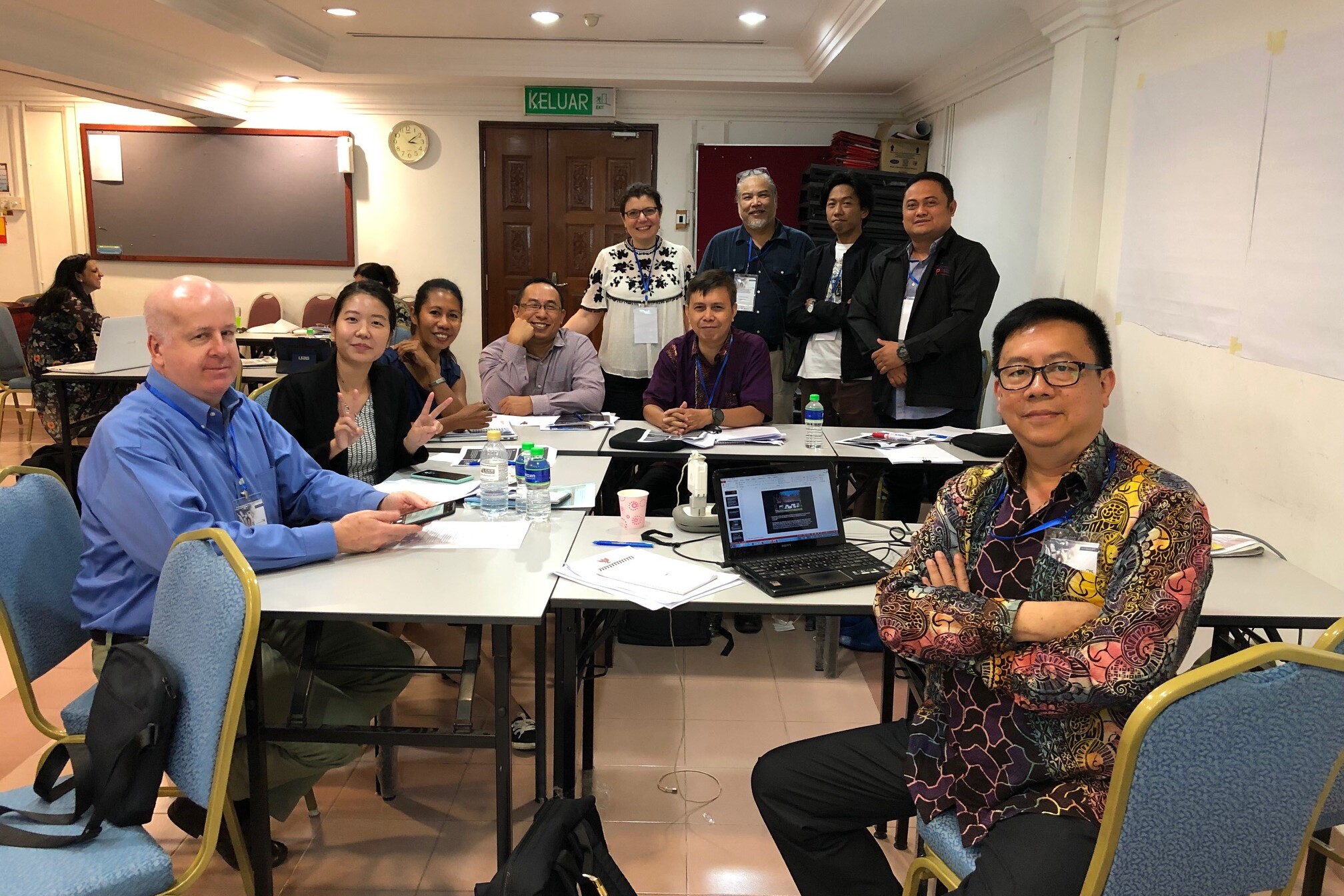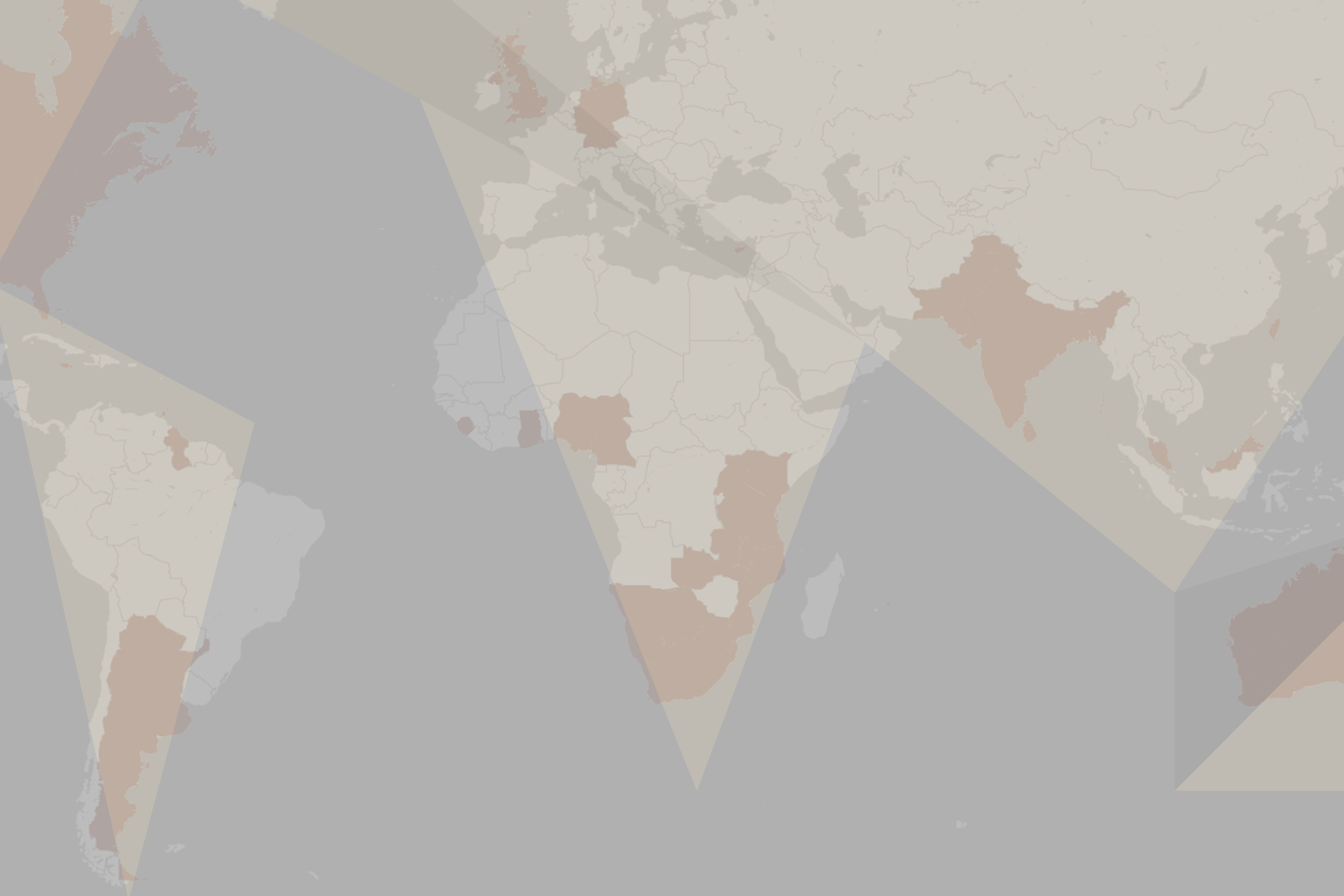Sri Lankan journalists must be protected
22nd July 2022
Multiple journalists have been attacked and assaulted during protests and demonstrations. The authorities must guarantee their safety at a critical moment.
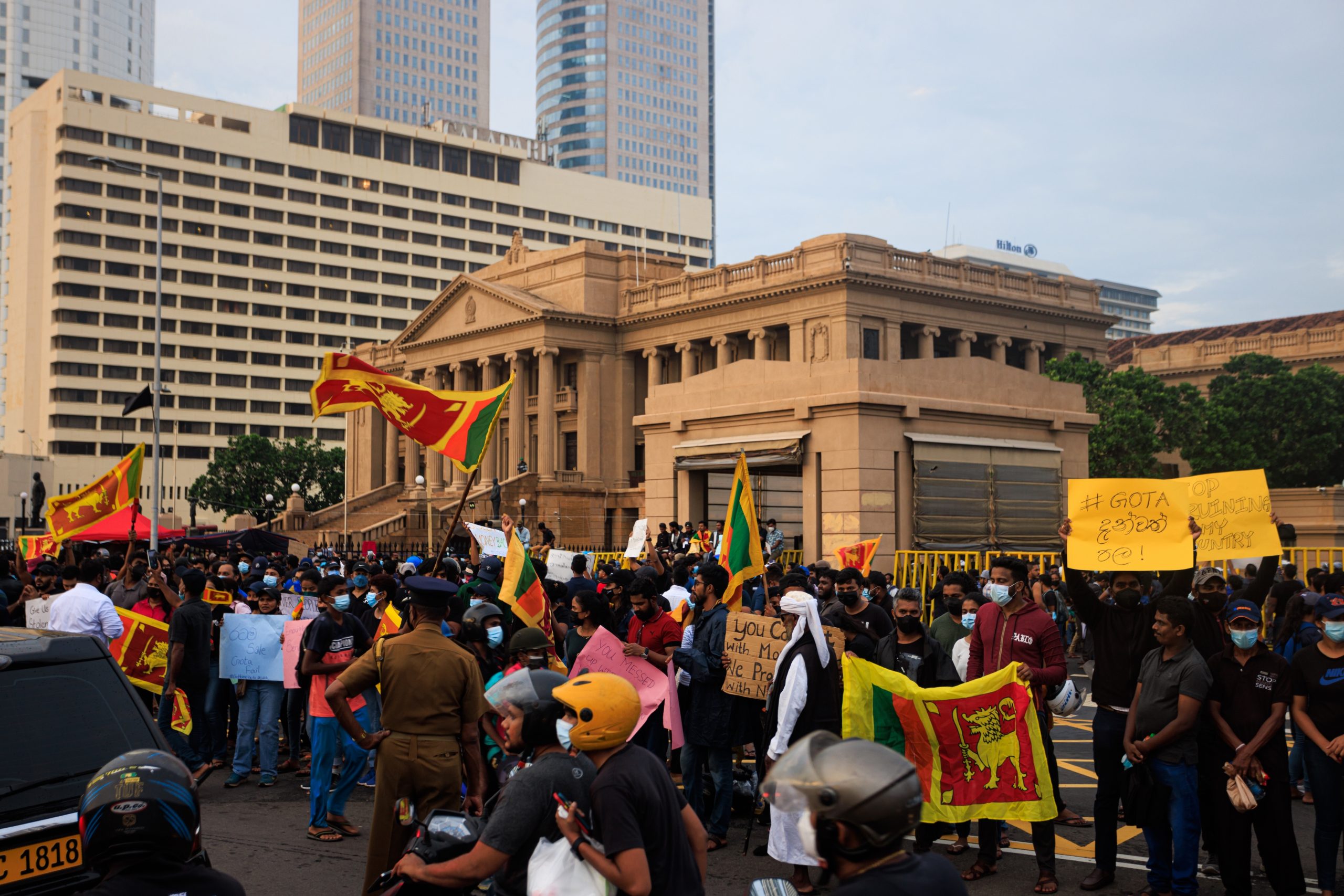
A number of journalists have been attacked by police and security forces while reporting on the current civil unrest which has enveloped Sri Lanka over the past weeks and months.
Most recently, staff at BBC Tamil reported being attacked by security forces on Thursday night. The incident happened after security forces began pushing back protesters who had been settled for a few months in a camp known as Gota Go Gama.
“When the army was deployed to disperse the protestors, we were providing live coverage through the BBC Tamil Facebook page,” BBC Tamil reported. “During this, the security forces, including the army, interrupted the duties of BBC Tamil reporter Manikandan and video reporter Jerin.
“Subsequently, when our journalists tried to provide clarifications to the security forces claiming to be BBC journalists, they repeatedly disrupted media duties.
“After that, a soldier repeatedly slapped BBC Tamil video reporter Jerin on the cheek. A few other soldiers surrounded Jerin. One of them kicked Jerin in the stomach with his booted foot. Some soldiers tried to carry him away. Journalists Anparasan Ethirajan and Manikandan grabbed Jerin and managed to stop the soldiers from taking him away.”
BBC journalist among those who attacked by security forces in Galle Face protest site
📸 BBC Tamil Live pic.twitter.com/9xhpB7GhEM
— NewsWire 🇱🇰 (@NewsWireLK) July 21, 2022
The video reporter was taken to a nearby hotel on account of not being able to reach a hospital.
The security forces’ raid on the protest camp happened the day after Ranil Wickremesinghe was elected as the new president.
But this is not the first time journalists have been assaulted during the recent civil unrest, which saw the old president, Gotabaya Rajapaksa, ousted last week.
Read more: End harassment of BBC Persian staff
Journalists at the private broadcaster, News First, have also been attacked while covering protests and demonstrations over recent weeks. During an anti-government protest on 10 July, as security forces moved in, News First reported security forces fired tear gas at their journalists and physically assaulted some of them.
“Using paramilitary police to violently prevent journalists from reporting on protests is a crude form of censorship,” said CPJ Executive Director Robert Mahoney. “Sri Lankans have a right to be informed on the political and economic upheaval shaking their country. The security forces must respect that right.”
During times of civil unrest, it is imperative journalists are given access and the freedom to report, scrutinise, and hold power to account. It is evident – given the attacks on BBC and News First journalists – that these democratic assurances are not being provided in Sri Lanka. Authorities must immediately investigate the actions of the security forces. They must also introduce better safeguards and protections for journalists who continue to undertake a public service, by shining a light for Sri Lankans, and the rest of the world, on what is happening.
Related Posts
19th January 2022
Report: Impact of Covid-19 on media in Southeast Asia
A research report into the key impacts…
18th August 2020
Will a new government in Sri Lanka herald further improvements in media freedom?
Sri Lanka's new government and Media…
24th April 2019
Insight | Countering Disinformation and Hate Speech in South East Asia
Following the Easter Sunday terrorist…
